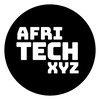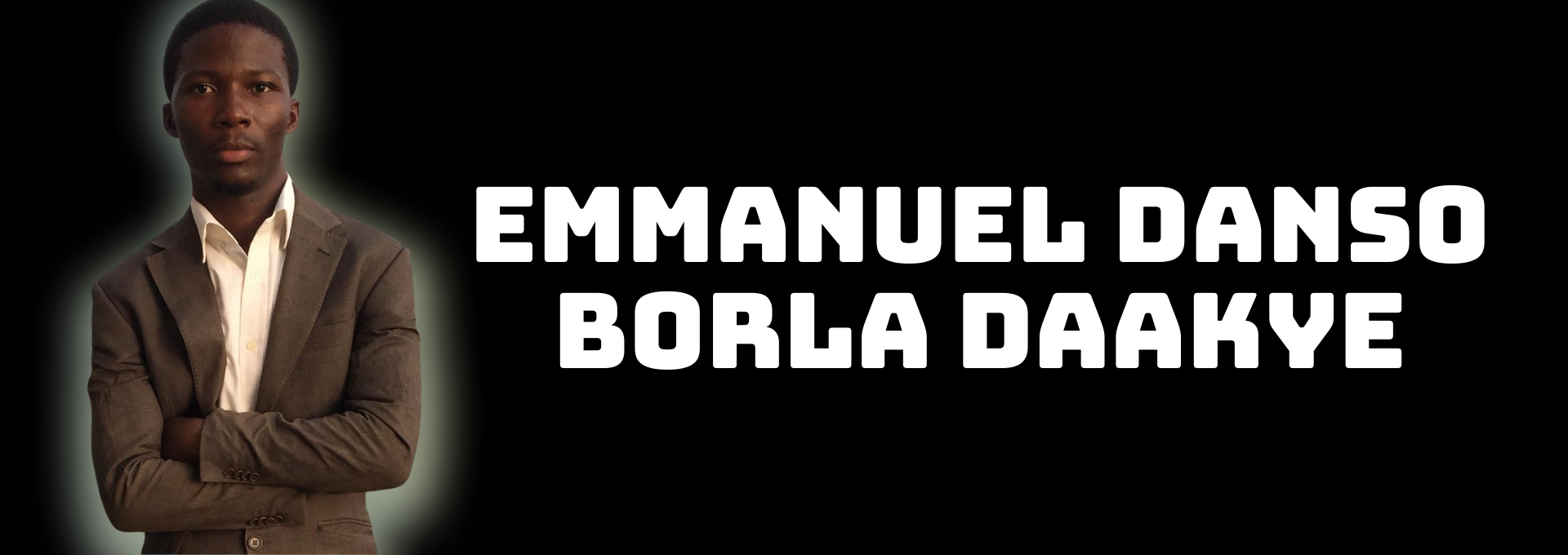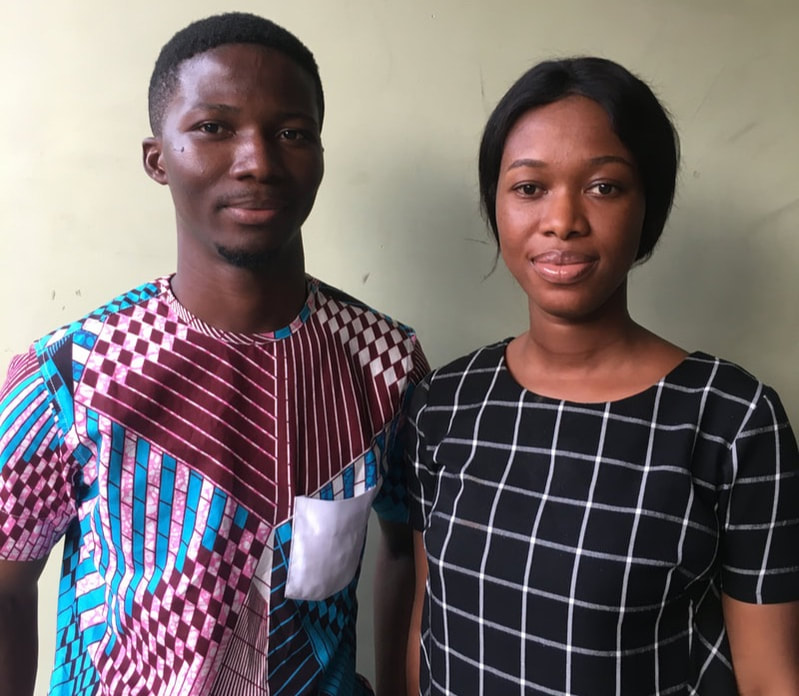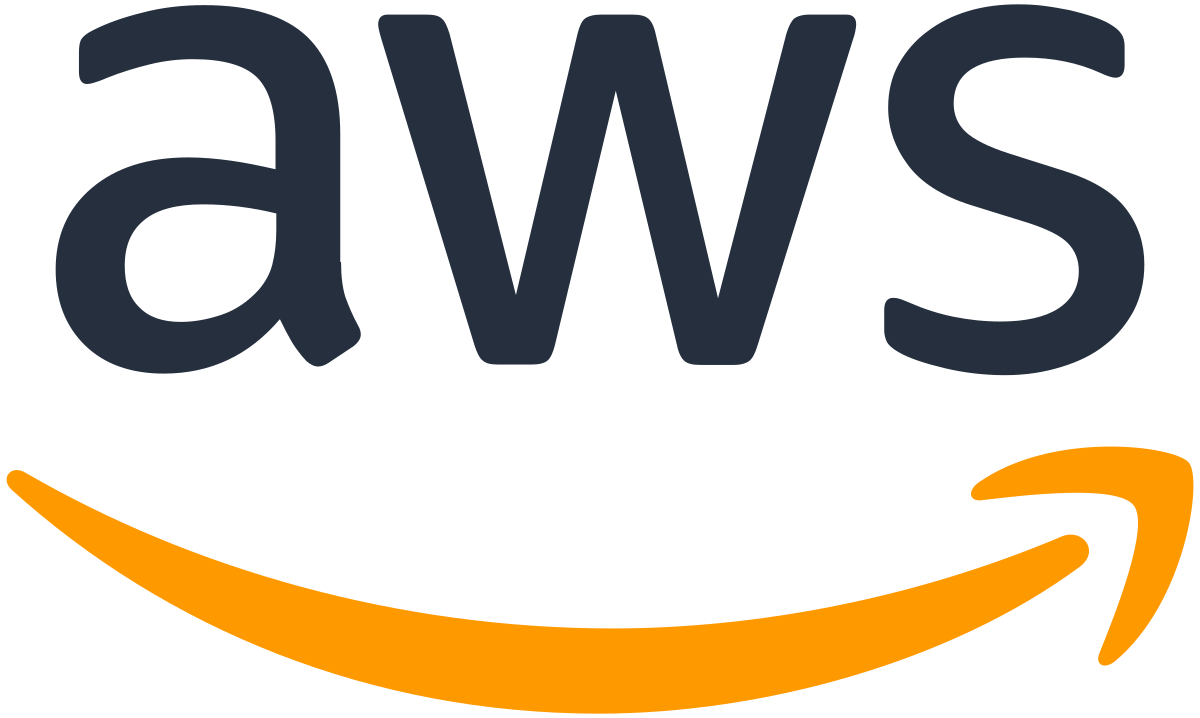|
Emmanuel Danso is the CEO and founder of Borla Daakye - a cleantech company based in Ghana. Borla Daakye literally means future rubbish (‘borla’ is slang for trash and ‘daakye’ means future in twi, a local dialect) and the start-up is pioneering at the frontier of African environmentalism. Borla Daakye positions itself at the forefront of cloud-based technology and environmental socialism in a country where there is a limited waste management infrastructure. Its technology enables residents in the Korlegono area in Accra to request collection of waste recycling and in the past year has picked up close to 200 tonnes of waste. Striving to alleviate one of the key pain-points for residents -- the length of time it takes for waste to be collected from their homes -- the start-up also works hard educating the population on not just how to recycle but why recycling matters. Current initiatives include delivering training sessions in schools on innovative ways to repurpose waste material such as paper and plastic into new products. So how does it work?
Borla Daakye strives to bridge the gap between the waste collection and recycling ecosystem in Ghana. It is no mean feat to undertake and admirably ambitious. Aiming to ease the lack of know-how on access to waste collectors and recycling schemes, the Borla Daakye app helps users interested in caring for the environment do something about it. Emmanuel Danso: “People want to support recycling measures but don’t know where to send their waste. Since we have launched, we have been picking up close to one tonne of waste per day. We are, however, only in one area in Ghana and the intention is to scale up through the app and serve more areas. This is particularly important in fostering inclusion among our marginalised communities who find it even harder to access services. Our goal is to create a circular economy of recycling and upcycling waste without sending to already exhausted landfill sites.” A brilliant element in the Borla Daakye service is the conversion of organic waste matter into fertiliser. This could have a truly positive impact on agriculture and the environment in the country. The technology overall is an important innovation in supporting Ghana’s contribution to global climate change initiatives. Incentives for change Borla Daakye offers incentives for its customers including rewarding them with household items, airtime (for mobiles) and educational supplies such as books and pencils. The CEO acknowledges that some of the challenges facing cleantech innovators include educating users to change behaviour and attitudes towards recycling and offering incentives is one small way to develop engagement. Another challenge is scalability and having other players to partner with for research and development so the sector can grow. This would also no doubt widen the reach of communities served. Borla Daakye sees their solution as relevant for many years to come as the problem of waste disposal is a perennial one, particularly with a growing population in Ghana. Emmanuel also hopes to create employment opportunities as the company grows. This startup is truly creating a new path to democratise access to waste management services and supporting environmental health initiatives - including the fragile marine ecosystem. Before we get into the predictions, we’d like to thank our contributors:
Akinyi Ochieng, Esther Ocloo Fellow, Botho Emerging Markets Group Bryan Mezue, Entrepreneur and Investor Suki Fuller, VC & Analytical Storyteller China on the Move Over the past decade, the bulk of funding for African start-ups has come from global tech and financial hubs in Silicon Valley and Europe. That's slowly beginning to change. In 2019, Chinese investors showed a growing interest in the promise of high-growth sectors in Africa, particularly transportation and fintech, as demonstrated by recent investments in Lori Systems, PalmPay and OPay. All three investments highlight how Chinese investors are focusing on sectors where they have expertise based on their homegrown experience building tech solutions in environments with poor infrastructure and an urban-rural divide. Lori Systems, for example, counts Hillhouse Capital amongst its Series A investors—the same investor that backed the Series A of Huochebang, the Chinese Uber-like trucking service that recently merged with Yunmanman, another major Chinese trucking app, to form a logistics company now valued at more than $2 billion. In the case of PalmPay and OPay, Chinese investors may be seeking to help African start-ups adopt the same platform plays that have turned tech giants Alibaba and Tencent into multi-billion-dollar companies catering to Chinese consumers of all income brackets. For example, Opera-owned products such as ORide, a ride-hailing service, OFood, a delivery service, and OLeads, an online lead generation platform targeting SMEs, can now tap into OPay’s payments infrastructure. If Jack Ma, co-founder of Alibaba, is to be believed: “African entrepreneurs will drive the next digital revolution.” And in 2020, Chinese investors will support that promising future, with a focus on key sectors where the Chinese have honed their expertise reaching the last mile: transportation, logistics, e-commerce and financial services. Local Solutions to Local Problems Perhaps we are moving away from the times of taking solutions from the western world and transplanting them directly into an African context. While there are countries like Kenya that have a great reputation for widespread tech adoption, when you consider the rest of the continent, the transplanted solutions can’t pass muster. A 50% problem in London is probably a 50% problem across Africa. We’re looking forward to seeing more startups building solutions that solve problems faced by at least 50% of the continent. That AfriTech XYZ program has given insights into the types of startups being built across our 6 focus countries in Africa and we’re encouraged by the obsession these early-stage founders have with locally experienced problems. Something we didn’t see a lot of are HealthTech startups, hopefully, we’ll see more of those when we recruit for our 2020 cohort. We predict that we’ll see more companies focused on Continental Africa and internal issues than external rest of world. Innovation will target local infrastructure and utilizing homegrown talent. Also, the number of returning diaspora will continue to rise to bring more influx of capital and additional skills. Rest of world investors will also continue to enter the market, due to lower costs and potential market growth but only truly gain higher penetration with local partners and through M&A. Models previously used to gain a foothold in the continent will need to be more locally focused. The potential to build and rebuild infrastructure in a more sustainable, efficient, environmental and technologically advanced manner surpassing "western" societies is a huge opportunity for African tech startups. Food Production There is a massive opportunity for more FoodTech across Africa. While AgriTech is an area with a large number of companies, the type of food and how food is produced is and will be one of the largest issues concerning climate change currently under-addressed. With depleting natural resources, food eating (meat in particular) will need to be reassessed. African food production should be part of this conversation. Security/Privacy Solutions We’re calling for more security/privacy companies across Africa. We will need to be more robust (ID verification or similar) for growth, especially as larger global companies use more invasive methods (facial recognition) with technologies to dominate market spaces. As technology continues to advance the need for robust security/privacy solutions across Africa continues to rise. Where are the companies developing and delivering these solutions on large and small scales? 2020 Wishlist
Thanks to research carried out by key players of the African tech ecosystem, GSMA, VC4A, Orange Digital Ventures, Techcabal and Briter Bridges over the past year, we have finally been able to put numbers to anecdotal evidence we've been collecting for years. Some of the key finding of the year have been:
Of the Africa-based, VC-backed startup founders that have raised over $100K:
With this information in mind, we sought to discover the difference between these funded founders and the African born, raised and educated founders not yet in receipt of funding. We carried out our own research and found that the overarching barrier is access.
With this in mind, we created AfriTech XYZ; a program that supports high potential, early-stage startups across 6 African countries through an individualised mentorship program supported by skilled volunteers around the world. Here's a quick snapshot of our volunteer community:
Much more news to come on the progress of this program in 2020, but we believe we’ve stumbled on something that could significantly impact the African tech ecosystem and allow for a stronger, more effectively supported pipeline of startups to grow out of the continent. In Africa, we support the democratisation of access to key opportunities and information that will catalyse the growth of startups and their ability to get funded. We’re working to ensure that we can bridge as many of those gaps as possible through the AfriTech XYZ program. Subscribe to the AfriTech XYZ newsletter for more information on the work we're doing with tech entrepreneurs across Africa. |
Archives
September 2023
|



 RSS Feed
RSS Feed




